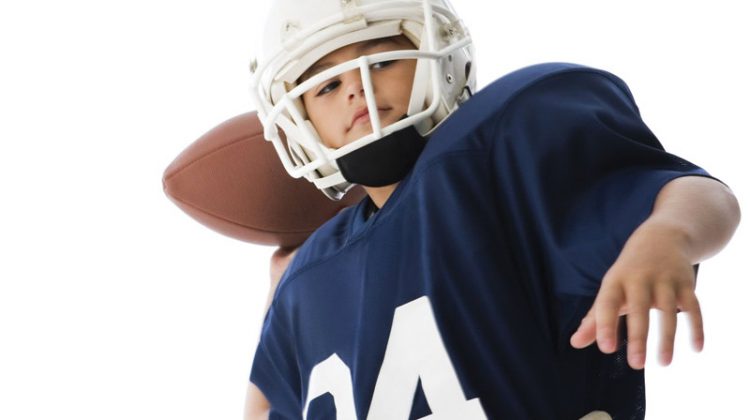Many parents want their children to play sports, and often we have our own ideas about what the appropriate sport may be for our children. So how do we guide our children toward the right sport for them as individuals, and set aside our own personal preferences?
When to start
Before about age 6, children should be learning basic physical skills like running, throwing, and catching. They do not yet understand competition and rules, so being active and developing skills are more important than team activities. By first grade, many children have more social skills, interest in working together, and longer attention spans, so they can follow rules and accept constructive criticism. Children should not get overly involved in win-lose sports until they understand that their self-worth will not be determined by winning or losing. Early on, they should focus on having fun and improving skills.
Finally, by 10-12 years old, competition becomes more of a focus, but playing time is still more important. Many kids at this age would rather have more playing time on a losing team than less on a winning team. Their personal experience still trumps winning for the team.
Which sport?
For younger children, swimming lessons or tumbling are great options, because they teach basic skills and muscle control, which are useful building blocks for other activities. They should also focus on hand-eye coordination and mastering the fear of getting hit by a ball, so playing a casual game of catch with parents is a great way to stay active outdoors.
As they get older, there is often a tension between the child’s own interests, the parent’s desires for their children’s choice of sports, the child’s physical strengths and weaknesses, and the financial requirements of the sport. As much as possible, choosing at least two activities that develop different skills would be helpful, such as swimming and football.
If your child is fast but not so strong, football may not be as wise of a choice as perhaps soccer; those with better balance might be well-suited to the ice skates of hockey. Another aspect of choosing a sport is letting the child try different ones until he feels a special connection to one or another, while leaving several options open in the early years.
Specializing
Sports medicine experts recognize that if children specialize at too young an age, they are more at risk of injury. Certainly by high school many highly-competitive teens only have time for one sport, because of the level at which they are competing. But it would be dangerous for a 9 or 10-year-old to specialize and play only one sport 10 months a year. This is the reason Little League has limits on pitch counts; too much throwing can lead to tendinitis of the pitching arm. Cross-training can help exercise other muscle group that may not get as much of a work out in the child’s primary sport.
Specializing and overly-intense workouts may also lead to burnout, making a child less likely to stick with a sport in the long term.
What if my child wants to quit?
Clearly children should learn the importance of finishing what they start, so I would not recommend stopping mid-season unless there is a really good reason. But the first step is always to have an open, honest discussion about the child’s true reason for wanting to quit. Often it has more to do with the coach or playing time, which may be remedied by speaking with the coach or waiting until next season, especially if the child likes the sport but just is not performing as well as the other kids. Parents can use the off-season to help the child with the basic skills for her chosen sport. A child’s desire to quit should also prompt an inward look to see if the child is really in the sport because of the parents’ reasons and not her own.
This summer get your kids as active as you can, even if it’s just sending them out the door to run in the yard. Organized sports teach lots of life lessons, but free play is also very important, especially for younger children. Go outside and have fun with your family!
With a teenager in his home that aspires to professional sports, Dr. Gannon is living the cross-training discussion every day at this point.

